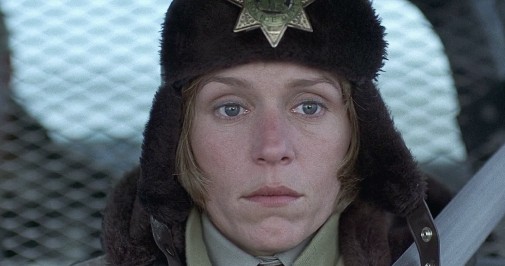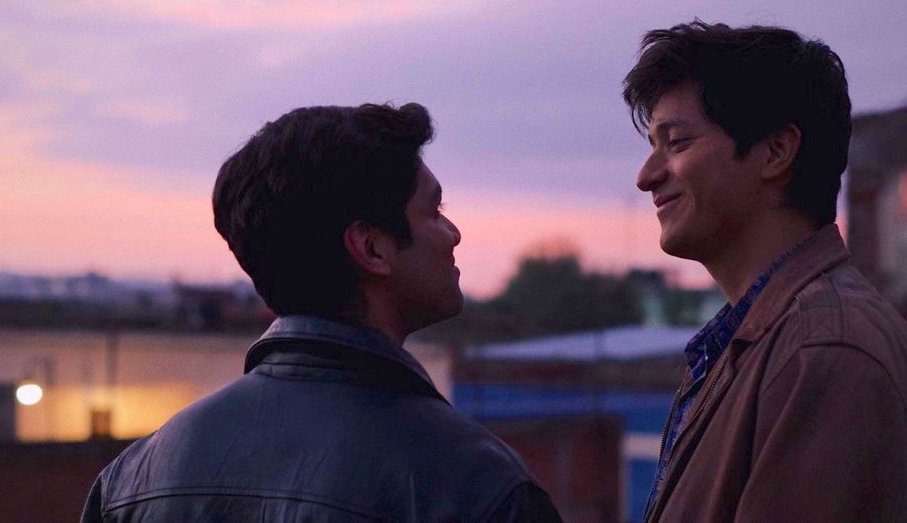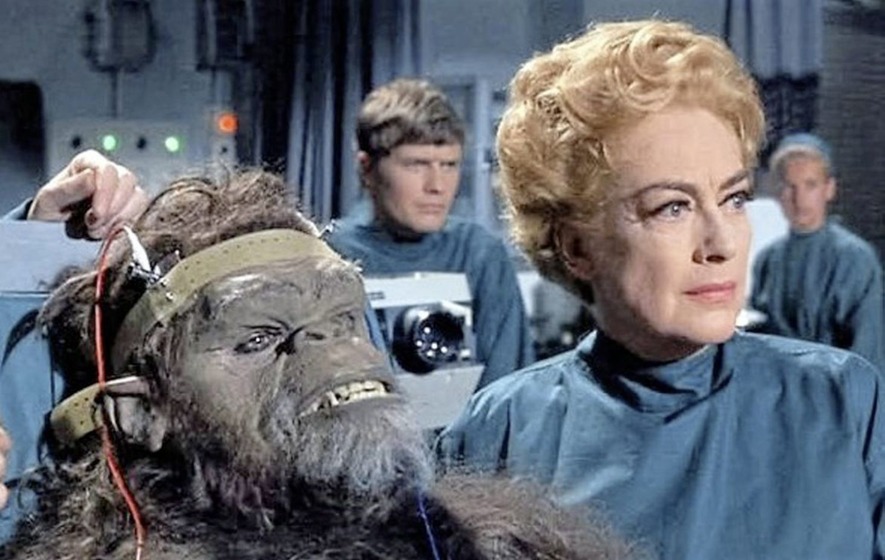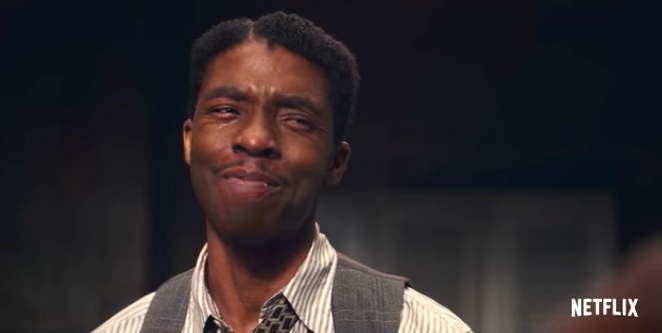Chi Film Fest: Palestine's Oscar submission "Gaza Mon Amour"
 Sunday, October 25, 2020 at 1:00PM
Sunday, October 25, 2020 at 1:00PM by Nick Taylor
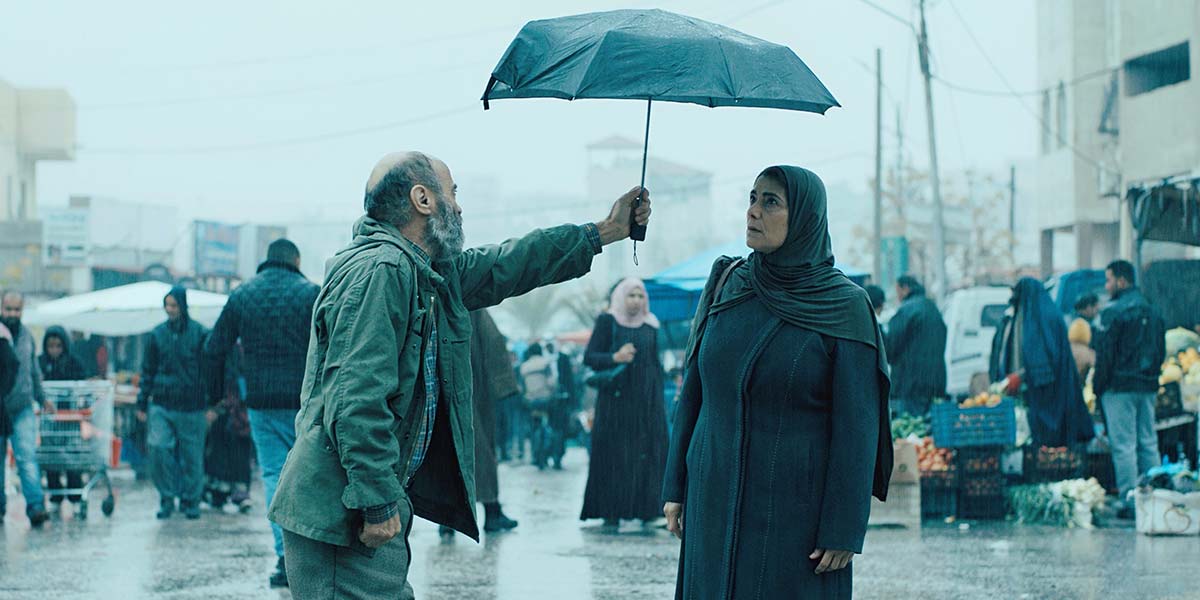
I felt much warmer towards Gaza Mon Amour at its conclusion than when it began. The gradual expansion of its story and stabilization of its aesthetic strategies are what got me on its side. At its core, Gaza Mon Amour is buoyed by the mutual, barely spoken ardor between fisherman Issa (Salim Daw) and dressmaker Siham (Hiam Abbass), but the script gives near-equal attention to their work lives and the friends and family members that populate their lives. It’s an admirable scope, though one might wonder when Tarzan and Arab Nasser, the twin sibling writer/director duo behind Palestine’s International Film submission, are going to move their story forward. It’s not clear for the first half hour whether the film will find itself or collapse entirely...



